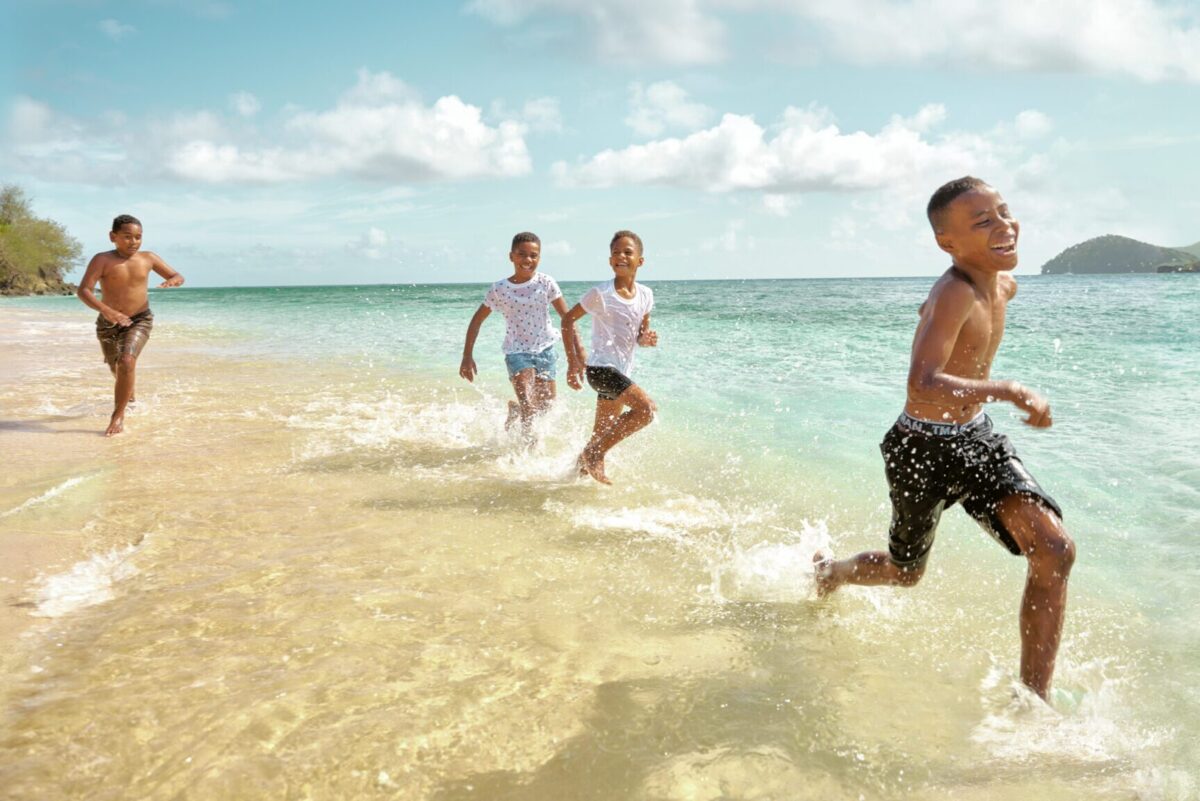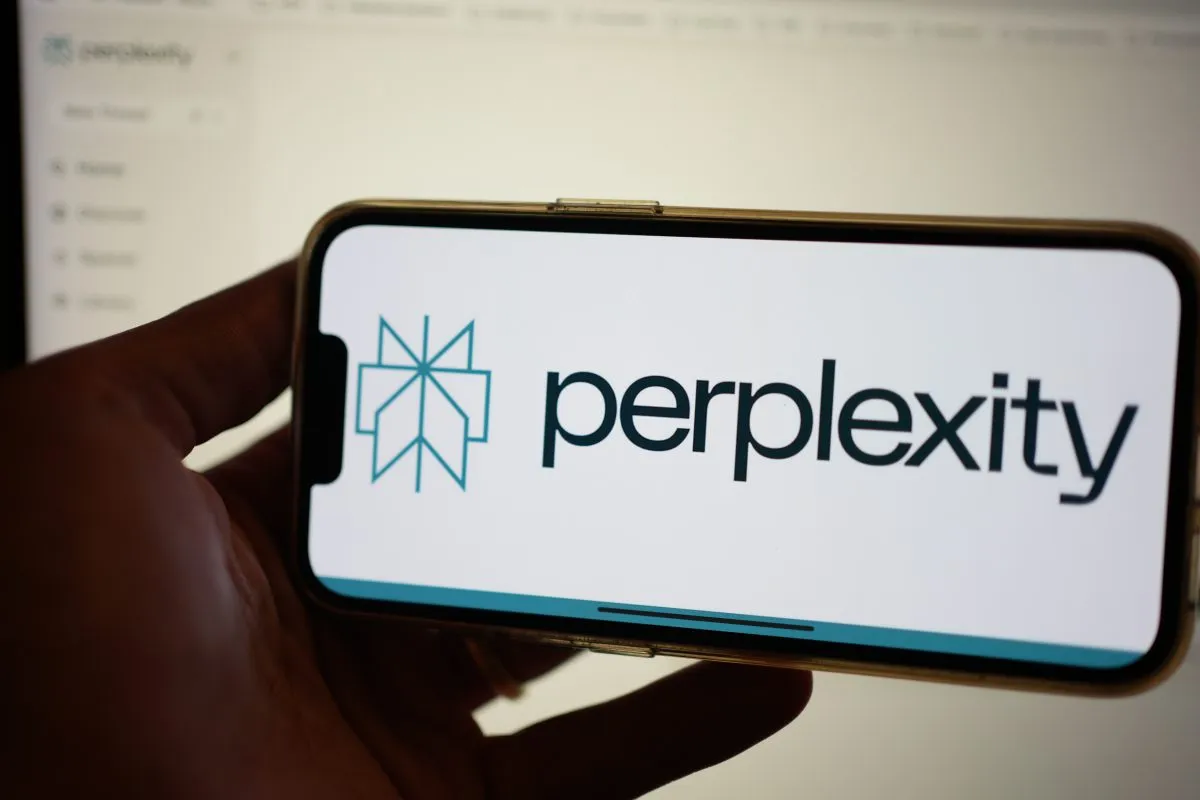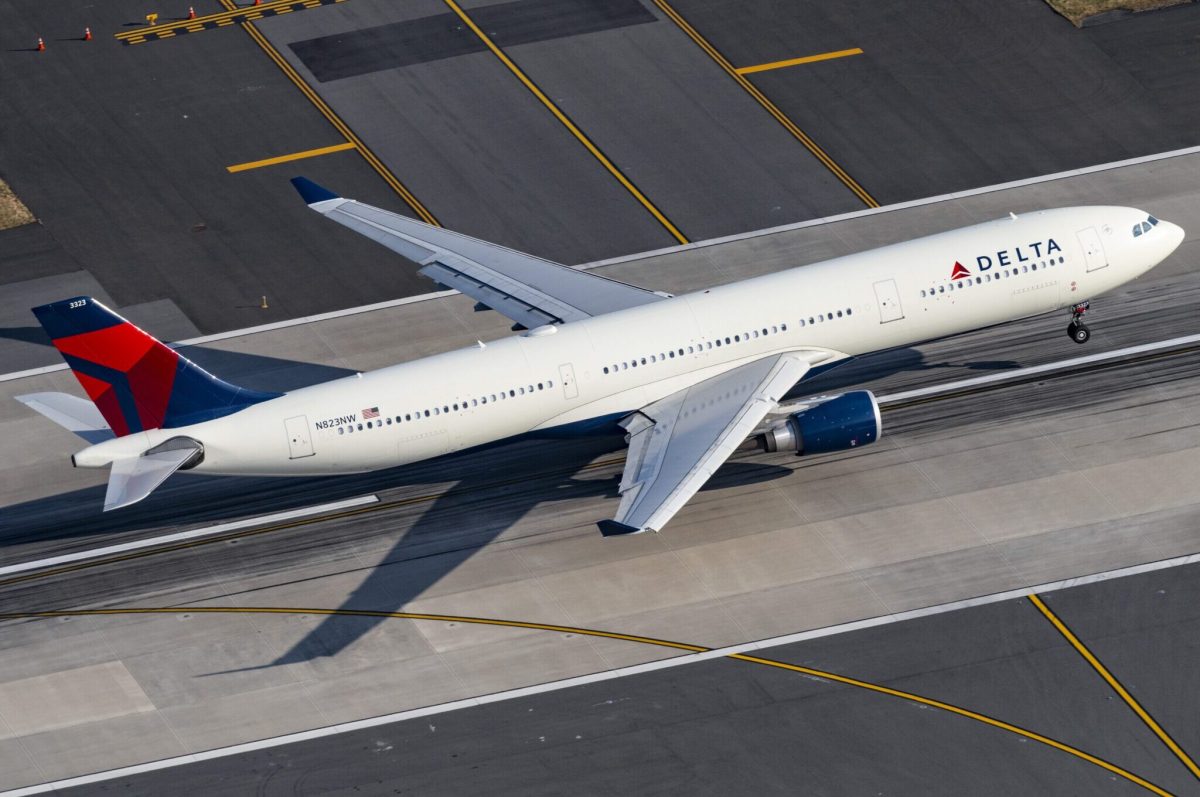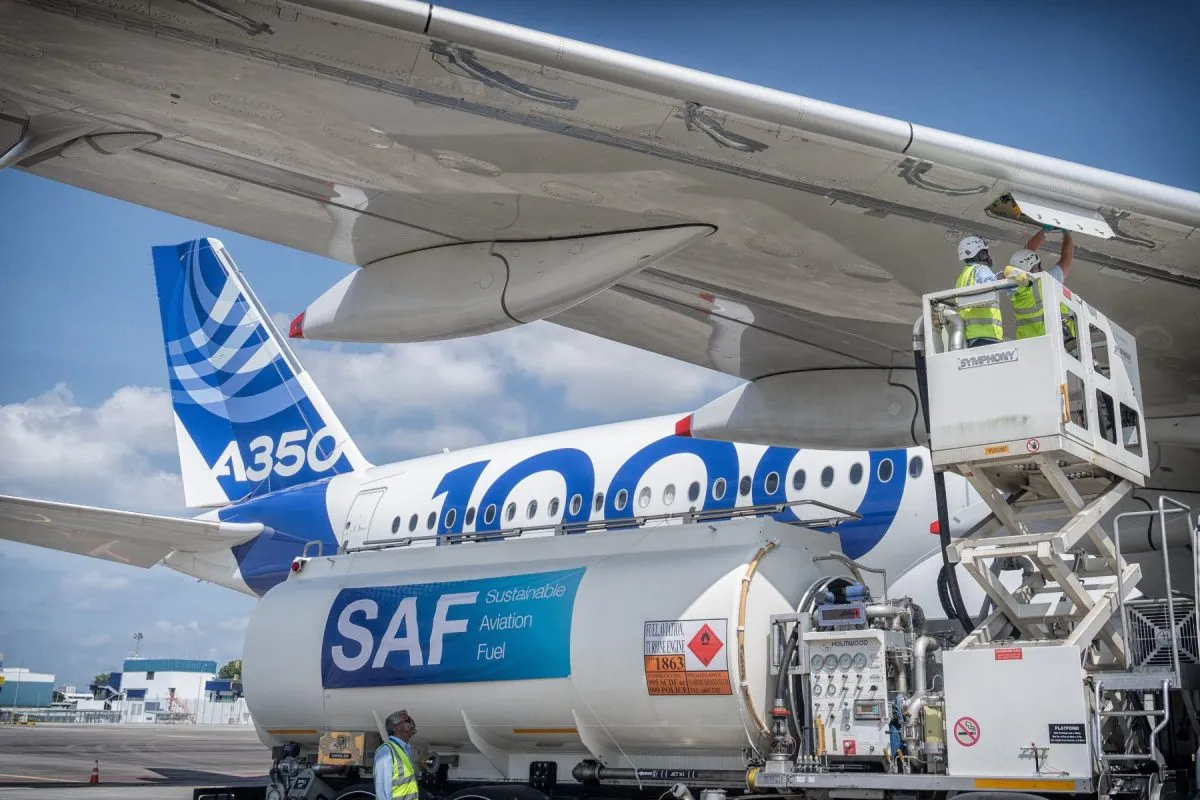Fiji Embraces Happiness As a Way of Life, Not Just a Tourism Campaign

Skift Take
It may seem that it took one purportedly “stereotypical” tourism campaign for Fiji to realize that happiness, a brand truth that the destination continues to highlight in all its campaigns, isn’t something that is switched on for tourists — it’s how the country lives.
However, according to Emma Campbell, Tourism Fiji’s outgoing chief marketing officer, “Happiness lives within Fiji and its people, whether tourists are there or not."
In its "Where Happiness Comes Naturally" campaign launched this year, Fiji tourism falls back on its trusted theme of happiness as a homage to its local people, natural environments, culture, and the authentic experiences on offer.
"We felt it was important to highlight that the source of the happiness a Fijian holiday brings, is Fijian culture and the people at the heart of it,” Campbell said.
The tone is in sharp contrast to Fiji’s earlier “Open for Happiness” brand campaign, featuring Australian actress Rebel Wilson, which faced flak for perpetuating stereotypes about the island nation being a "happy brown paradise."
The video is no longer available in Fiji's YouTube channel.
Talking about the shift in brand positioning, Campbell said, the "Open for Happiness" campaign needed to make a big impact in the moment as Fiji was reopening alongside many similar resort destinations.
“We worked with a high-profile celebrity to help amplify the campaign, and really leaned into the insight that people were ready to escape everyday life after a turbulent time, and just have a break.”
The portrayal was however seen as an attempt to sell a stereotype.
Similar and Ubiquitous Destination Branding
Destination management organizations worldwide typically focus on promoting their brands on physical attributes, such as sites, infrastructure and attractions, said Oliver Martin, partner at tourism consultancy Twenty 31.
However, Martin said since the branding of global destinations have become similar and ubiquitous, it is challenging to identify a destination purely based on its advertising. "The campaigns and glossy advertisements appear to blend into one another, resulting in a sea of blandness."
Nevertheless, some destinations have recognized the need to shift their focus from physical assets and instead develop and communicate their brand based on the personality and emotional triggers of the destination — a powerful baseline to create and nurture a destination brand, he added.
Market Development Facility's Fiji office, an independent development implementation arm of AusAid, has hired Twenty31 to lead the development, management and analysis of an ongoing data insights program on behalf of Tourism Fiji, Fiji Hotel and Tourism Association and the ministry of trade, co-operatives, small and medium enterprises.
Talking about the process and transition from Fiji's focus on the stereotypical white traveler to a more immersive traveller, Martin said, the "Open for Happiness" campaign was partly a reflection of where the market was in 2021.
“The Tourism Fiji team invested time and resources to comprehend market dynamics and the potential high-value travel consumer. They developed a brand strategy in line with their findings. They likely always knew a foundational brand strategy and positioning were needed once the market stabilized,” he added.
Fiji's Story From The Eyes of Its People
The "Where Happiness Comes Naturally campaign," felt like a natural evolution to shift perspective and tell Fiji's story from the eyes of its people, said Campbell.
As things continued to evolve after the pandemic, the tourism board decided to highlight authentic travel experiences that Fiji could offer to visitors — from unique kava ceremonies, to visiting local villages and sharing a lovo (community meal cooked in an underground oven).
In mid-2022, Tourism Fiji team understood the need for a more authentic, “real” brand positioning, especially as the market continued to change and consumer preferences and needs evolved.
Tourism Fiji “got it,” said Martin, “They understood that in the development of their new brand positioning they needed to focus on the emotional connections existing and prospective travellers have with Fiji.”
Recalling the Covid period that hit the island nation hard, Campbell said, “Resilience, resourcefulness, entrepreneurialism, and a strong sense of community got Fiji through the pandemic.”
And it was this collective experience that motivated the tourism board to refresh its brand positioning, to show the true face of Fiji and its people to the world.
Commenting on the "Where Happiness Comes Naturally" campaign, Viliame Gavoka, Fiji’s deputy prime minister and minister for tourism and civil aviation, said, “To see the spirit of our nation, the warmth and joy, shine through in our new brand just reinforces what a special nation we are.”
Tourism Recovery
Tourism recovery for Fiji has been nothing short of great as the island witnessed a strong recovery with inbound visits around 50 percent above forecast at 636,000 visitors in 2022, compared to 894,389 international visitors in 2019.
“We are expecting to achieve 85 percent of 2019 numbers in 2023 with a full recovery expected in 2024,” Campbell said.
March was another excellent month for visitor arrivals in Fiji with the archipelago welcoming 60,548 visitors, a 102 percent increase over March 2019 and 120 percent above Tourism Fiji’s target for the month, according to data provided by Tourism Fiji.
Additionally, Fiji had noted shorter booking windows in 2022, but Campbell said the destination has been witnessing a shift in 2023, with some of Fiji's peak periods booking up fast even as far ahead as September.
This, she said, reflects greater traveler confidence and the normalization of travel post pandemic.
Additionally, Fiji recently launched a China website, for what was one of its top four source markets pre-Covid.
The tourism board said the website is an attempt to inspire Chinese travelers to visit the island nation through content that focuses on the dreaming and planning phases of the consumer journey.
Clearly, Fiji understands that happiness means different things to different people and the destination wants visitors to find their own version of it. Much on the lines of Pharrell Williams', "Clap along if you know what happiness is to you!"
Skift’s in-depth reporting on climate issues is made possible through the financial support of Intrepid Travel. This backing allows Skift to bring you high-quality journalism on one of the most important topics facing our planet today. Intrepid is not involved in any decisions made by Skift’s editorial team.





